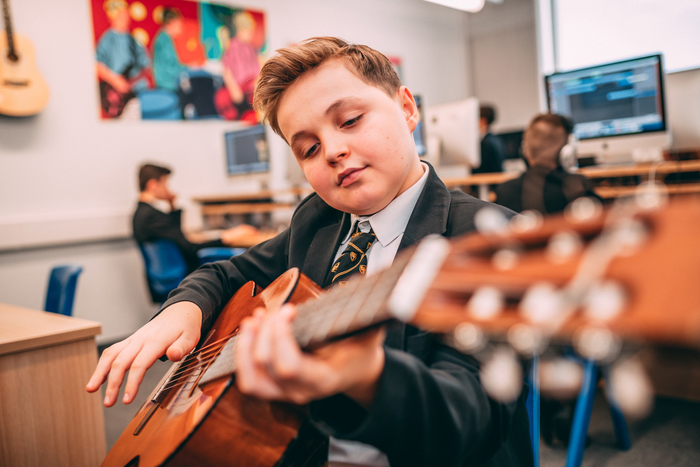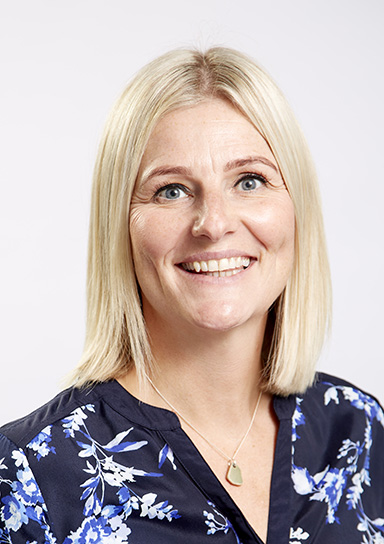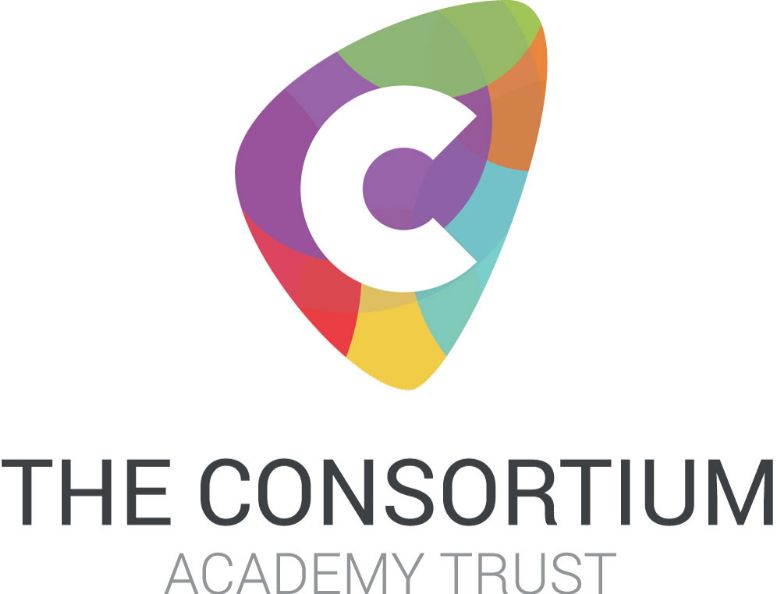WEEK 24 - Friday 15 March 2024
Last week I asked the students if there was anything specific they would like our assembly to be based on that they would find useful or interesting. One of the students spoke to me about Ramadan and how she would like it if we gave students a better understanding of what it was. I set the student a task of creating a powerpoint with all the details she thought would be useful and, although she was not confident in presenting it, she did an amazing job of not only creating the powerpoint but also making it clear, precise and easy for all to understand. I have used some of her information below:
-
The exact dates of Ramadan change every year. This is because Islam uses a Calander based on the cycles of the moon. In 2024 in the UK, Ramadan will begin in the evening of Monday 11 March – Tuesday 9 April.
-
Most Muslims fast between dawn and sunset. Fasting allows Muslims to devote themselves to their faith. It is thought to teach self-discipline and reminds them of the suffering of the poor. However, children, pregnant women, elderly people and those who are ill or travelling don't have to fast.
-
During Ramadan, it is common to have one meal (known as the suhoor), just before dawn and another (known as the futoor), directly after sunset.
-
Muslims try to give up bad habits during Ramadan. It is a time for prayer and good deeds. They will try to spend time with family and friends and help people in need.
-
Many Muslims will attempt to read the whole of the Qur'an at least once during Ramadan. They will also attend special services in Mosques during which the Qur'an is read.
-
The end of Ramadan is marked by a big celebration called 'Eid ul-Fitr' (the Festival of the Breaking of the Fast).
-
Muslims are not only celebrating the end of fasting, but thanking Allah for the strength he gave them throughout the previous month.
-
Mosques hold special services, and a special meal is eaten during daytime (the first daytime meal for a month).
-
During Eid ul-Fitr Muslims dress in their finest clothes, give gifts to children and spend time with their friends and family. Muslims will also give money to charity at Eid.
https://www.youtube.com/watch?v=Qa2f7gdP4vw
Muslims fast as an act of worship, a chance to get closer to God, and a way to become more compassionate to those in need. Fasting is also seen as a way to learn patience and break bad habits.
Compassion - feeling or showing sympathy and concern for others.
Patience - the ability to endure difficult circumstances. Patience may involve perseverance in the face of delay; tolerance of provocation without responding in disrespect/anger; or forbearance when under strain, especially when faced with longer-term difficulties
Bad habit - a negative behaviour pattern. Common examples include: over thinking things, overspending and nail-biting.
We may not all believe in the same god, but wouldn't it be nice if we all believed in compassion, patience and working towards breaking bad habits? I believe that our students can and do show the willingness to try this and for that I am very grateful and proud.
I also spoke to 4 of the Year 8 boys who would like an assembly on online bullying and safety. The 4 boys are not only creating the powerpoint for this but will also present the assembly to the rest of the students in Year 8. I am looking forward to seeing this at the end of April.
Thank you for your continued support and please do contact us with any questions or concerns; HOY8@hessleacademy.com
Miss Pinkney
Head of Year 8
Miss Briggs
Assistant Head of Year 8





